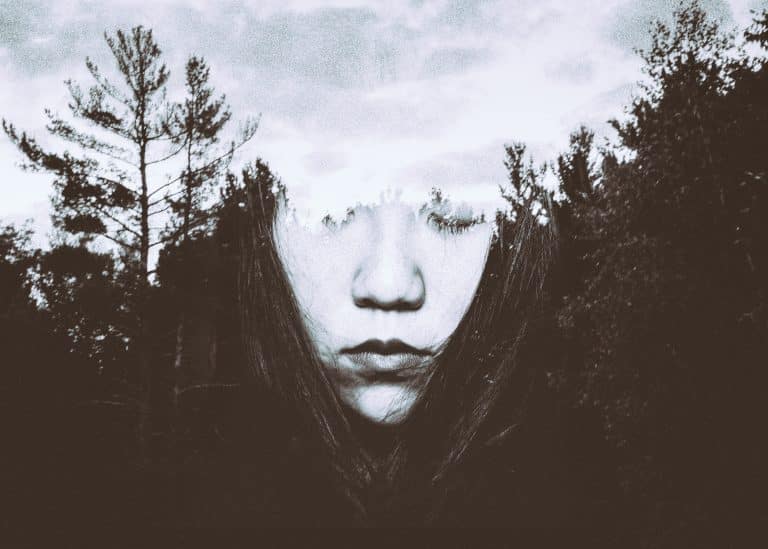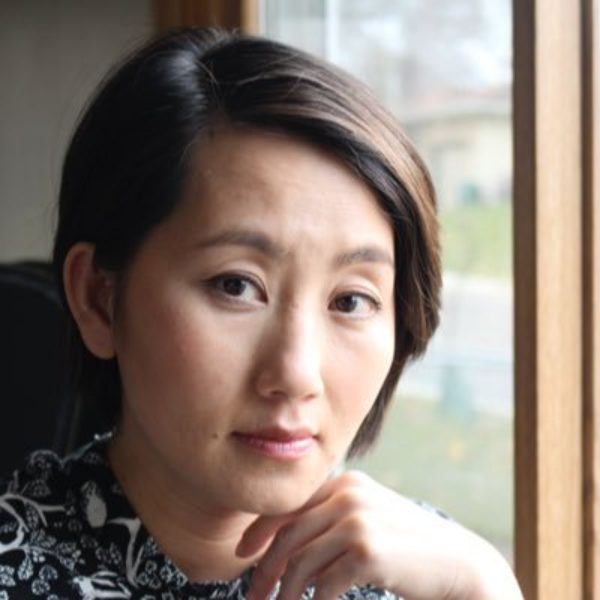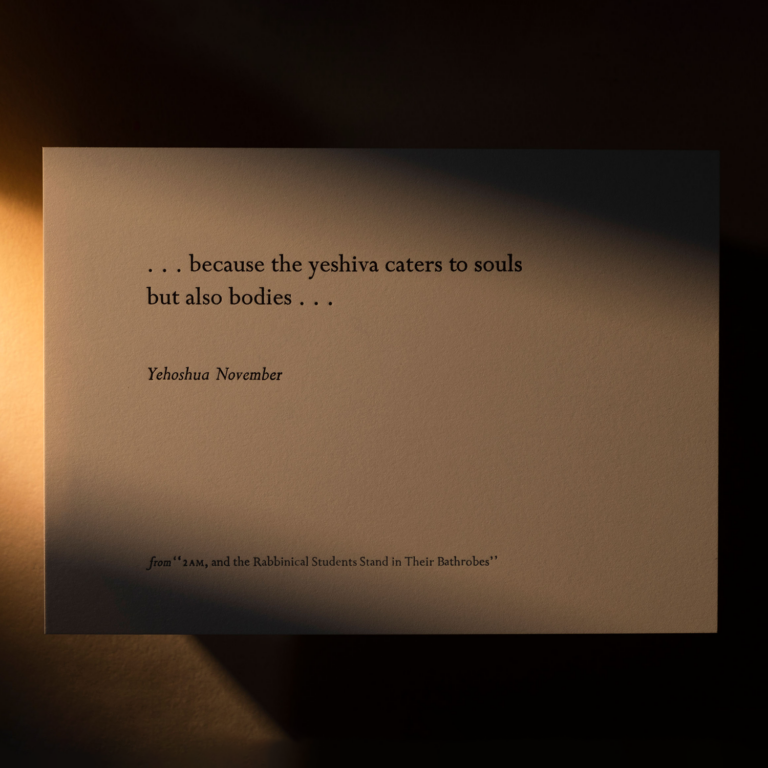
Image by Emily Moy/Flickr, © All Rights Reserved.
When Relatives Die They Become Ancestors
One of my aunties is dying in a hospital bed in the medical metropolis of Mayo Clinic in Rochester, Minnesota. The hospital is only two hours from the Twin Cities, where she lives, but it is likely that she will never come home again, certainly not as she left it, sick and scared.
It is hard on the family. We love her dearly.
For much of my life, I’ve known her as my uncle’s third wife. She was a quiet woman with a ready smile and, according to my uncle, a steadfast heart. She’s the mother of my cousins, a good one, if their gentle care, endless tears, and their regrets are any indication. Her sickness — cancer that began in her gall bladder and was not diagnosed until it had metastasized into her liver — turned her soft skin into a dull shade of turmeric, and caused itching all over her body. This is our family’s second deadly encounter with cancer; my oldest auntie died from it four years ago.
Although cancer scares me, it is not what makes me sad.
What makes me sad is that my auntie has had such a hard life and now she is dying a hard death. She was married to her first husband at age ten. She was so young, she slept with her in-laws until she was thirteen. By fourteen she was a mother.
In her early twenties, she became a widow in war-torn Laos. Her first husband left her with four children, two boys and two girls. When my uncle met her and they married, her late husband’s family would not let the children leave their ancestral home. My uncle paid two silver bars so that he could culturally adopt her youngest baby girl who was still breastfeeding at the time. The rest of her children my auntie was forced to leave behind — although the oldest, who was seven at the time, took to running after her so often that after three months his family gave him up and he moved in with my auntie and uncle.
In her life with my uncle, she gave birth to five more children. They fled through the jungles of Laos, lived for a decade in the dust of the refugee camps in Thailand, and toiled in the hot fields of California for over a decade before they found their way to Minnesota. Here, she’s spent most of her time taking care of her grandchildren, over thirty of them. Here, she’s dying an agonizing death.
I called my mother to check in on Auntie. It was July 4th, Independence Day. On my way to Dragon Star, a Cambodian-owned grocery store in St. Paul, I was going to buy fixings for egg rolls (we only make them once or twice a year and it is a big operation). My mother and father, who live an hour closer to Rochester than the rest of us, had just visited auntie the night before.
It was an evening of goodbyes. Auntie said goodbye to each of her children. To her oldest, she said she could fill up two cassettes with just her words of love for him. She told him about all the planes she’d boarded in those war-filled years, not knowing where they would go, but racing toward them with him in her arms to go anywhere at all, so that he may know peace. She apologized to her children for all the words she had not said to them over the years, for the intelligence and articulateness she never had, and thanked them for loving her, still.
One of the children she left behind was there, and he cried — not for her leaving because she had left him a long time ago, he said, but because he’d lived his life, grown into manhood without a mother’s love to guide him, without ever having told her the truth: that he waited for her for three months, his eyes on the open doorway for her return, how many sunrises he’d seen (and how many sunsets) and yet no shadow of a mother anywhere to be found.
I heard the crack in my own mother’s voice, felt her love reaching out to me from the warm cell phone in my hands, and I carried with my heart the knowledge that Auntie was dying, surrounded by love and sadness, for these things were inseparable; they were the strings that tied us to each other and to life.
My little girl, three going on four, was with me in the car, tucked in her car seat in the back of the minivan, feet dangling in her pink crocs. She saw that I was weeping after the call.
She said, “Niam, why are you crying?”
I said, “My auntie is dying.”
She said, “Why?”
I said, “She’s very sick.”
She said, “That’s so sad, Mother, but I’m right here.”
I said, “Yes, you are, and I’m very lucky to have you right here.”
She said, “Funerals are fun, aren’t they?”
I said, “No, they are very sad.”
She said, “Aren’t ancestors nice?”
I said, “Yes, they are.”
She said, “Don’t worry, Mama. When your auntie dies, she will become an ancestor, right?”
I said, “Right.”
My little girl was right. In the home that I come from, when relatives die they become ancestors. They stop eating with you at the dinner table. They stop smiling at you and talking to you. They stop holding your hand and patting your arm, and telling you about all the things you should remember, and all the places you’ll go, but they become an ancestor.
At new year, you cook them a meal. You place Chinese spoons around bowls of steaming chicken in broth and freshly steamed jasmine rice, and you call them to the table. You can’t see them but you give them a little time to eat first before the family that is alive gathers around and settles down to a meal. When you’re afraid, any time of the year at all, you ask them to strengthen your heart, knowing that they are your past and you are their future, and they are on your side for all of eternity.
I remembered being a year or two older than my daughter, and feeling afraid. I remembered how I used to roll up blankets and put them on all sides of the bed. I remembered how in my head the blankets represented the arms of my ancestors around me, holding me safe. I remembered the relief I felt, the lifting of the weight in my heart, and how beneath the light of the moon and the stars, I could fall into rest, knowing that I was not alone, had never been alone, and would never be alone, for I was the product of at least a thousand people’s work, their lives and their legacies. I was a vision child, born from their perspective, armed with their histories, out to create our shared future.
In the remembering, I found the strength to turn off the engine of my car, wipe away my tears, go to the back of the car, unbuckle my daughter from her seat, and pull her close, feel the warmth of her arms around me, the beat of her bird’s heart against my chest. I found the love I’ve always known was there in a world that turns and turns so fast that sometimes it leaves us reeling. My world steadied.
Inside Dragon Star, surrounded by the fruits of Southeast Asia, its scent sweet like nectar, I breathed in deep. I pointed to the dragon fruit with its spikes and the longans that look like brown grapes and I taught my daughter about their tastes and textures, and told her about how I used to eat them on special occasions when I was a child, her age, in Thailand, my first home in the world. She wanted to know about my second home and my third and my fourth and my fifth homes, into forever and ever. I told her a story about a little girl traveling through homes across the vast universe.
May my auntie find the peace she has not known in life in the land of the ancestors. May she be reunited with her long-ago mother, her dead daughter, her first husband, my grandparents, and know, with or without words, that her contributions to life are sound and safe. That even in the gaze of a gray-eyed little girl, she will forever be enshrined in the ethers of the ancestors, those imagined arms that hold us safe in the bigness of an unsafe world.

